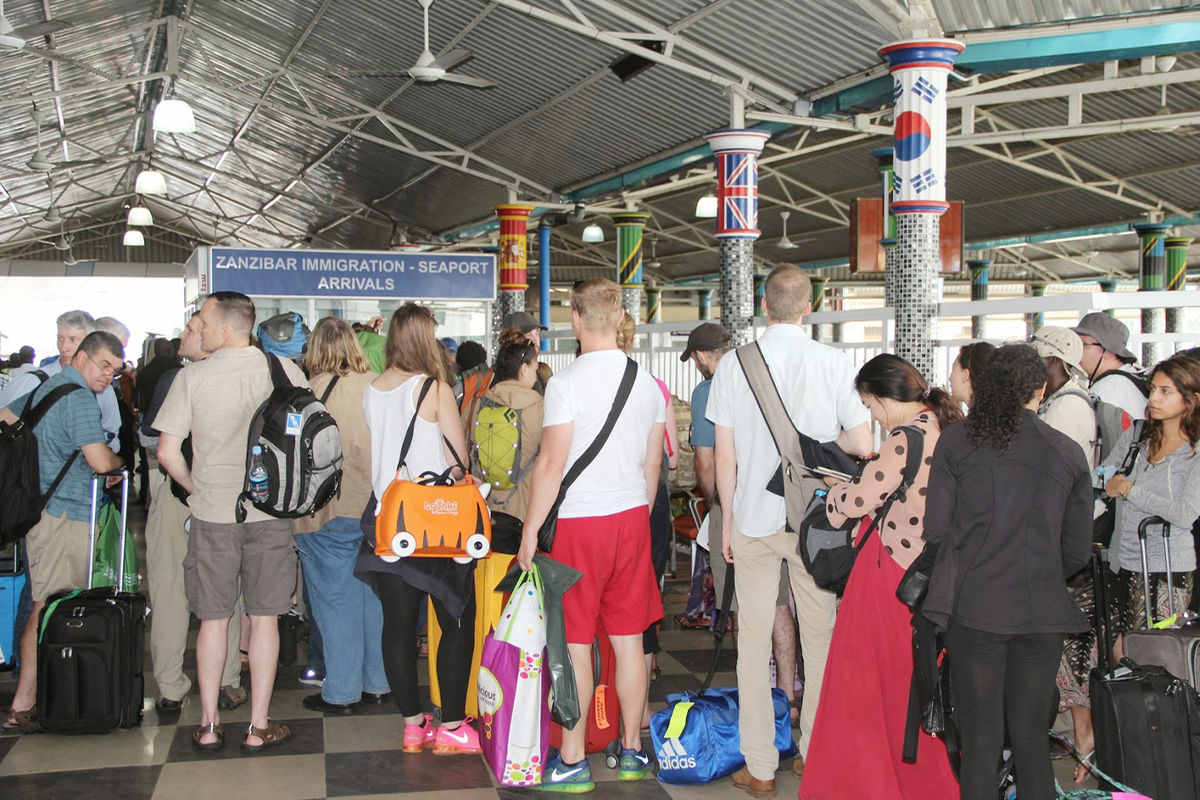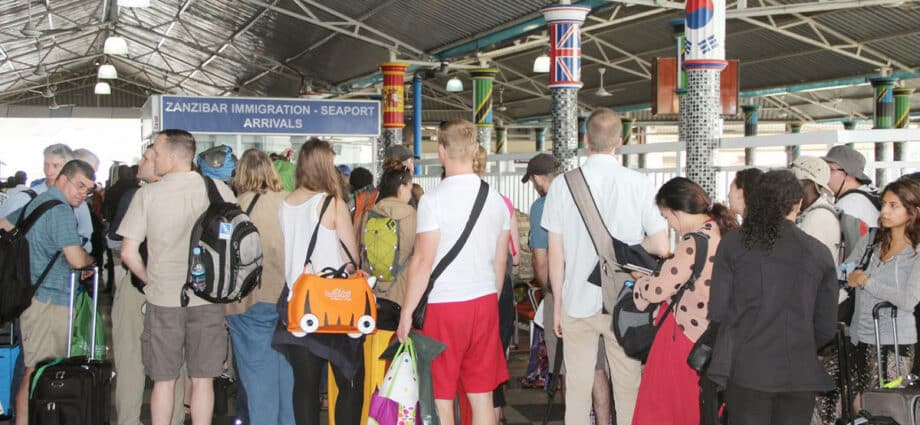
Unguja. Zanzibar experienced a slight decline in international tourism in November 2024, with a 4 percent drop in the number of visitors compared to October 2024 as the Island continues to target 800,000 arrivals this year.
According to the latest tourism statistics released on December 17, 2024, by the Office of the Chief Government Statistician in collaboration with the Zanzibar Commission for Tourism, the island recorded 67,049 international visitors in November, down from 69,860 in the previous month.
The report, however, does not give the possible reason for the slight slowdown in the number of arrivals in November.
Despite the drop from October, November’s visitor numbers showed a significant increase of 17 percent compared to the same period in 2023, when only 57,296 tourists visited Zanzibar.
European tourists continued to dominate Zanzibar’s tourism market, accounting for 73 percent of the total arrivals in November 2024.
Italy maintained its position as the top source country, contributing 11.2 percent of all visitors, followed by France at 9.4 percent.
The number of tourists from some European countries, such as the United Kingdom and Germany, saw notable declines of 25 percent and 35.6 percent, respectively, compared to the previous month.
South Africa leads in the number of tourists from Africa with 3,059 visitors followed by Kenya and Egypt in that descending order.
Most visitors (88.4 percent) entered Zanzibar via the airport, with the majority arriving on international flights.
Only 7,756 tourists used the seaport to enter, predominantly by ferry from the mainland. The data also showed that 99.3 percent of visitors came for leisure purposes, reflecting the island’s appeal as a top holiday destination.
The gender distribution of visitors was almost evenly split, with 49.5 percent male and 50.5 percent female. However, the data highlighted a decline in both male and female visitor numbers from October, with female arrivals seeing a larger drop of 6.3 percent.
In terms of age, the vast majority of visitors were within the working-age group of 15 to 64 years, comprising 88.3 percent of arrivals. Children (under 15 years) represented 3.7 percent of the total, and retirees (65 years and older) accounted for 8 percent of visitors.
The statistics also highlighted a strong performance from emerging markets such as Poland, India, and Russia, with visitor numbers from these regions increasing by 5.2 percent compared to November 2023.
Meanwhile, the number of American visitors dropped by 27.4 percent, and Oceania’s contribution also saw a decline, particularly from Australia and New Zealand.
Despite the slight dip in November 2024 compared to October, Zanzibar’s tourism sector remains strong overall, with a notable increase in international visitors compared to the same period last year.
The data suggests that the island continues to attract a diverse range of visitors, with European markets leading the way while emerging markets show promising growth. However, the slight monthly decrease could reflect seasonal fluctuations or external factors affecting travel.














